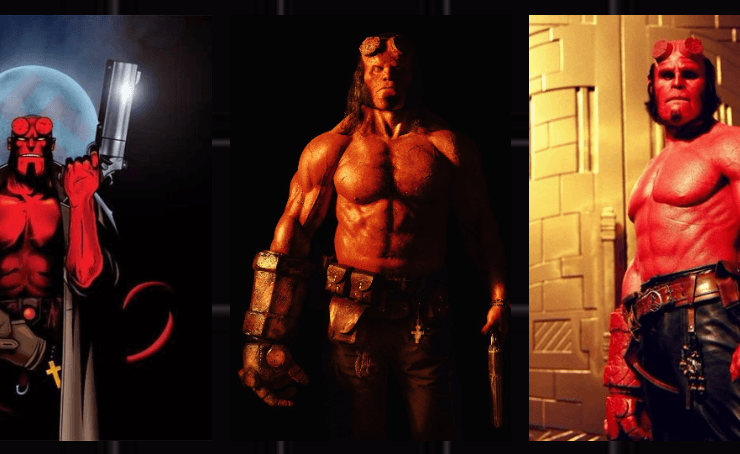Why DC’s tonal course correct doesn’t fix its universe
Click to read the full story: Why DC’s tonal course correct doesn’t fix its universe
Last week, Comic-Con saw the first footage of the truly expanded DC Extended Universe. Yes, although Warner Bros has managed to stumble five films through their supposed Marvel Cinematic Universe rival, they haven’t done so with quite the same amount of finesse as their rival studio, having met with divisive critical and audience reactions, and a bona fide box office bomb in Justice League, which has rather thrown the fate of the universe going forward in the balance.
Of the films that have been outright successes, neither of them shared much connective tissue to the supposed flagship films of the franchise. Wonder Woman played as a straightforward prequel, divorced chronologically from any of the other superheroes, and Suicide Squad focused on a completely different, more obscure set of anti-heroes in an attempt to ape Guardians of the Galaxy‘s success (which, it must be said, it managed to do, at least commercially).
However, the zippy, upbeat trailers for Aquaman and Shazam have shown that a broadening of the creative vision beyond Zack Snyder’s ultra-serious and grim aesthetic may yet reap the rewards. Aquaman seeks to expand on the underwater king’s character in a post-Justice League world, while Shazam, with its titular hero’s bright, old-fashioned outfit and literal childlike wonder at being his own Superman looks like it’s had a healthy injection of Tom Hanks’ Big, which honestly more films should try and use as a cinematic reference.
In short, these films are still attracting interest and audiences seem ready to go back to the world as long as it appeals to them – Aquaman‘s trailer currently sits at 26 million YouTube views. Coming out at the end of 2018, it will be interesting to see how it performs against competition mostly aiming for Oscars. Nevertheless, this shows a problem with the DCEU itself – it’s not its own thing. While the films may individually bring their own critical and commercial merits to Warner Bros, they are showing that the studio has realized, in the light of its complete mishandling by Snyder, is to simply ape Marvel. You can see it in the quippy way the characters are speaking, in the way the trailers are edited, and even in the narrative – Aquaman, with its story of two family members fighting for the throne of a reclusive kingdom, seems to share more than a little of its DNA with Black Panther.
Those looking for slightly different superhero fare next year could do worse than to check out Hellboy. The demonic character has proven popularity based on the cult status attached to the two films that Guillermo del Toro delivered us last decade, and his darker, more twisted adventures should provide an appealing alternative.

Overall, though, it just feels safer. When Man of Steel released, as bewildering and divisive as it was, it felt like the groundwork was set for a universe that offered an alternative to what Marvel was doing. Batman v Superman, for all its flaws, felt similarly interesting to watch. Now we just have DC characters done in the Marvel mold.
Even Wonder Woman 1984, which has me salivating at the thought of how great the production design will be, has to contend with coming out after Captain Marvel, which has its own period-specific 90s setting. DC and Warner Bros have sacrificed creative drive for commercial safety, and the result is a disparate group of films whose connective tissue across properties only makes their lack of creative endeavor stand out further.
The post Why DC’s tonal course correct doesn’t fix its universe appeared first on Movie TV Tech Geeks News By: MTTG Staff
